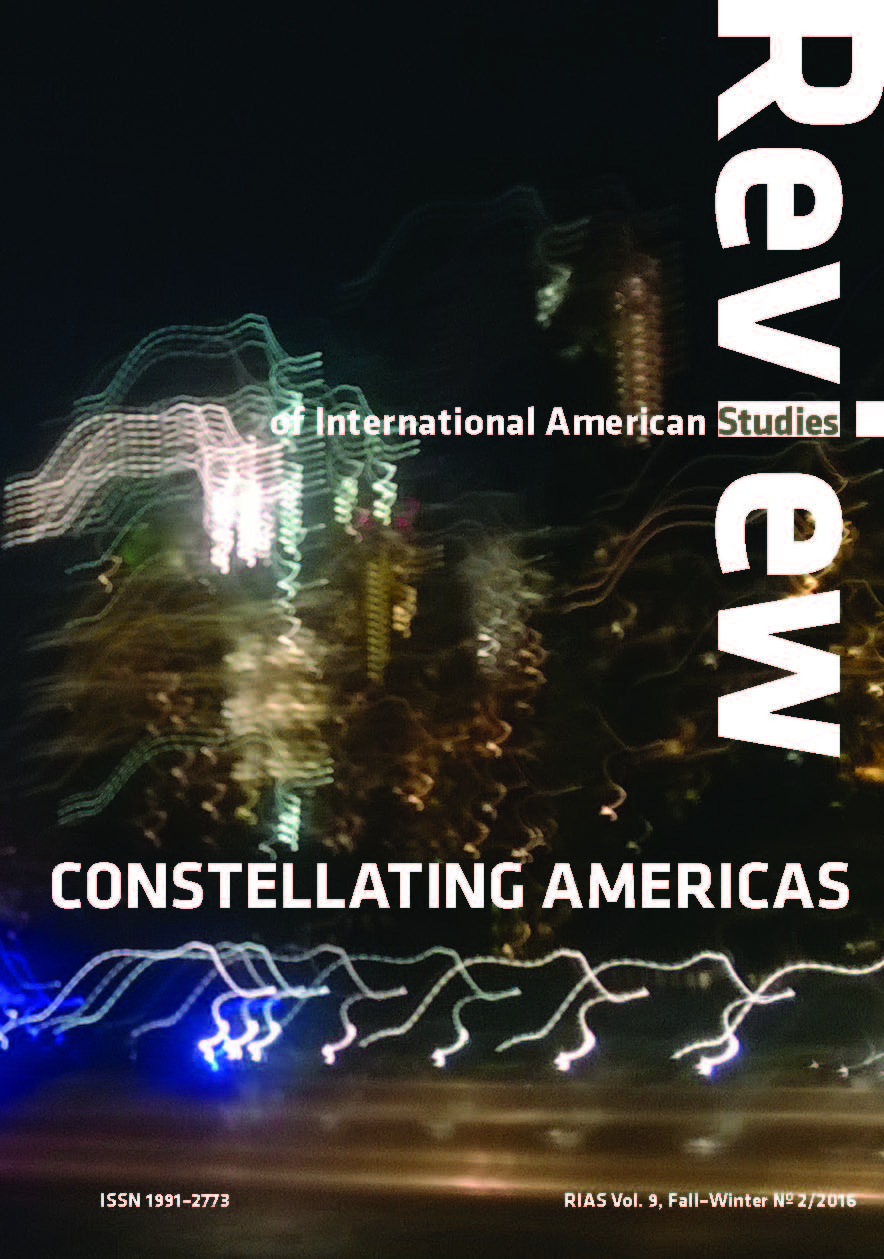Money, Power, and Immigrant Sons in Chang-Rae Lee’s “Native Speaker”: Looking for the American Father
Money, Power, and Immigrant Sons in Chang-Rae Lee’s “Native Speaker”: Looking for the American Father
Author(s): Shirley Geok-lin LimSubject(s): Gender Studies, Foreign languages learning, Studies of Literature, Comparative Study of Literature, Other Language Literature, Cultural Anthropology / Ethnology, Culture and social structure , Migration Studies, Ethnic Minorities Studies
Published by: Wydawnictwo Uniwersytetu Śląskiego
Keywords: Korean American identity; migrant narratives; acculturation; white Anglocentrism; ethnic agency; Chang-rae Lee; “Native Speaker”; money; command of English; manhood; abjection
Summary/Abstract: The article explores the convergence of four major American novelistic traditions (the mating-marriage tale, the immigrant story of assimilation and acculturation, detective fiction, and socio-political/socio-economist fiction) in Chang-rae Lee’s acclaimed first novel, “Native Speaker” (1995), which dramatizes the tragic dynamics between ambition, money, power and moral loss and which offers the reader an insight into a late 20th century narrative of the formation of the new immigrants in the US, where earlier Euro-and, particularly, Anglo-norms are contested by multicultural, multilingual forces driven by globalized hyper-capitalist superstructures. In this unsettled setting, the common 20th century master plots of white-as-native tensions with non-white-immigrantas-the-Other are interrogated, fragmented and re-assembled in a kinetic metropolis of multiple Otherness, in which money and power, two intrinsically intertwined forces, rule. In the novel’s increasingly melodramatic narration of disillusionment, violence and murder, its more primal emotional trajectory arguably is not heterosexual romance, with which the novel begins and ends, but with the quest for a male identity congruent with that generally adopted as a model in the United States. In the novel, male identity is problematized by its embedded contextualization in multiple-tongued, duplicitous and abject ethnic identities, still subordinate or subaltern to white-Anglophone-centric norms. The elder Korean male figures (the father, the political mentor), present in the novel, fail to, or cannot, serve as American fathers. Without fathers able to nurture the immigrant son to a psychologically successful manhood (dramatized as a subject possessing authentic agency with the capacity to sustain intimate and social relationships), the novel’s late 20th century re-inscription of the quintessentially American theme of quest for individual self takes the English language (also allegorized in the figure of the upper-class white wife, Leila) as the sentimental trope by which a national manhood is to be achieved—a post-immigrant salvation that is figuratively and literally articulated.
Journal: Review of International American Studies
- Issue Year: 9/2016
- Issue No: 2
- Page Range: 45-69
- Page Count: 25
- Language: English

